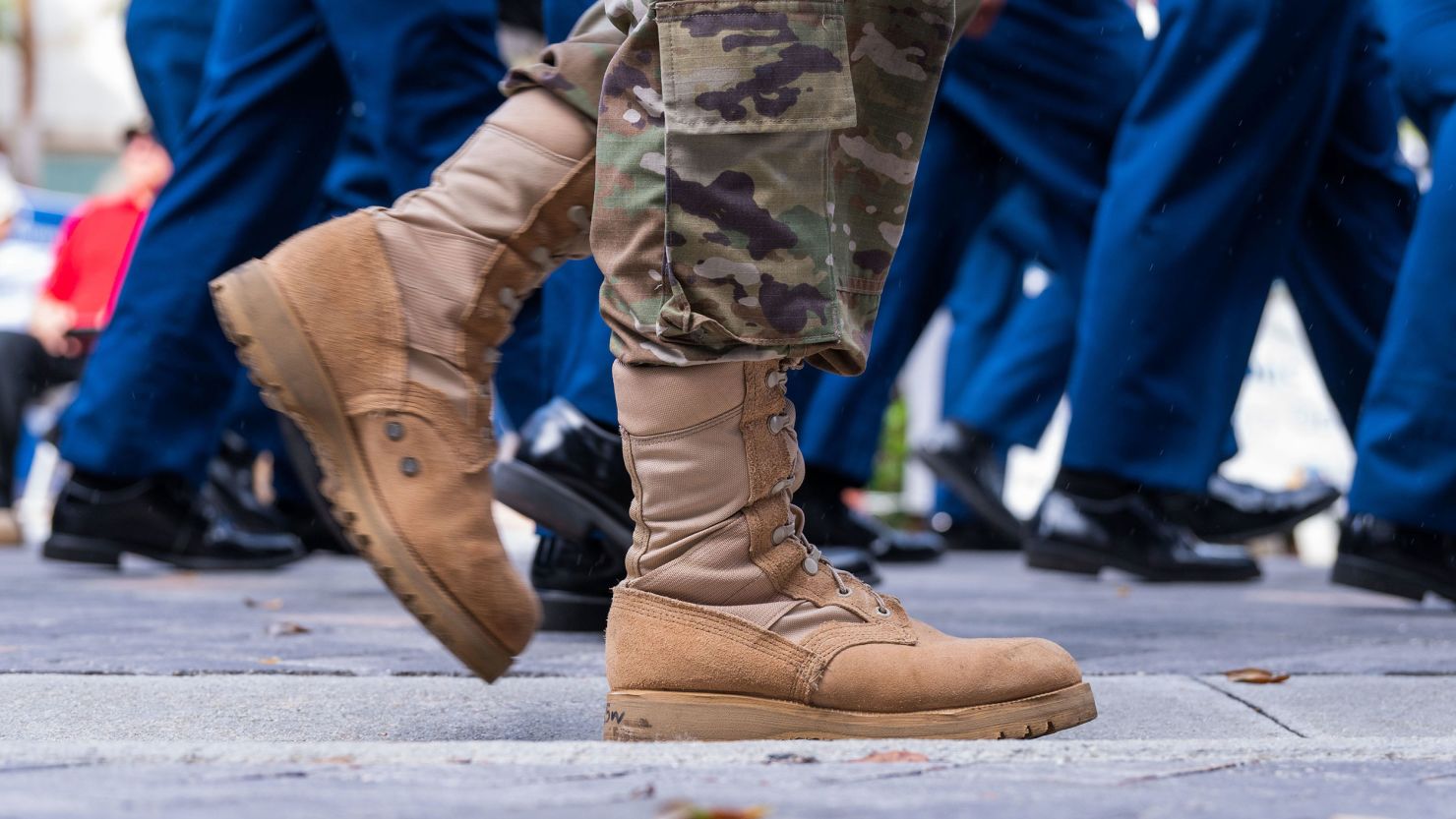A congressional report has found that sexual misconduct by instructors in a military leadership program operating in high schools across the United States was a bigger issue than previously known.
There were 58 substantiated allegations of sexual abuse, harassment and other forms of sexual misconduct over the past five years by Junior Reserve Officers’ Training Corps (JROTC) program instructors in programs across the country, the report found.
The House Committee on Oversight and Reform Subcommittee on National Security undertook the investigation after the New York Times published an article revealing a pattern of sexual abuse of teenagers in JROTC programs. The Times investigation found 33 sexual assault allegations brought against instructors, but when Congress started digging, they soon discovered the problem was worse.
House Oversight Chairwoman Rep. Carolyn Maloney of New York and National Security Subcommittee Chairman Rep. Stephen Lynch of Massachusetts requested more information from the Department of Defense on the matter in August.
At first, the Department of Defense confirmed to the committee there were 33 sexual assault allegations brought against instructors over the past five years, as the Times reported in July. But in the department’s final November 3 response to the committee, the number of allegations against JROTC instructors nearly doubled to 60, and 58 of those allegations were substantiated.
The increase occurred when the committee widened the scope of their investigation to look at not only allegations of sexual assault, but also sexual abuse, harassment and other misconduct.
“The information our Subcommittee is releasing today paints a disturbing picture of how some JROTC instructors are using their positions of authority to exploit and abuse students who have placed their faith and trust in the US military,” Lynch said in a statement. “Sexual abuse or misconduct committed by a JROTC instructor cannot be tolerated.”
The JROTC program operates in 3,500 high schools across the country with approximately 530,000 cadets generally aged between 13 and 18. The purpose of the program is to teach and instill values and leadership skills in teenagers. Although there is no requirement of military service after JROTC, many of those students participating in the program go on to join the military or participate in a similar college program.
A voluntary high school program, JROTC is designed as a partnership between the Defense Department, the military service branches and the schools in which the programs are located.
It’s possible there are more than the 60 allegations the department has been made aware of over the past five years. Because JROTC instructors are employees of the schools where the programs are based, allegations of misconduct are first investigated by the school district and local law enforcement. Allegations are not automatically reported to the Defense Department, leaving a potential blind spot in oversight of the programs.
“School districts and law enforcement may choose not to release all information regarding the outcome of an investigation because JROTC cadets are high school students and generally minors,” DoD said to the committee, according to the report.
Of the 60 allegations brought against JROTC instructors, the highest number of instances were brought against JROTC instructors in the Army program, with 26 allegations total. There were 11 allegations brought against the Navy’s JROTC program instructors, 16 against the US Marine Corps JROTC program instructors and seven against the US Air Force JROTC program instructors, the report found.
CNN has asked the Pentagon for comment on the report.
JROTC instructors are retired or reserve officers and enlisted noncommissioned officers, according to a Congressional Research Service report. While instructors are employees of the schools where the JROTC program is based, the program is considered a partnership with DoD, and DoD oversight is required.
According to DoD policy, each military service is supposed to evaluate their respective JROTC programs annually. The congressional report found the Army, Air Force, Navy and Marine Corps were not meeting that requirement, instead conducting evaluations every few years.
The US Army Cadet Command “conducts accreditation inspections” of JROTC programs on an annual basis for a third of all US Army JROTC programs, the report found. The Army also conducts what they call “assist visits” annually to “programs identified as requiring additional attention,” the report said.
The US Navy conducts inspections of JROTC programs “at least once every other academic school year,” while the US Air Force conducts “virtual unit assessments annually” and “on-site” or in-person assessments “once every 3.3 years,” the report said. The US Marine Corps conducts “official in-person visits once every two years,” the report added.
The House Oversight Subcommittee on National Security is holding a hearing Wednesday to discuss their findings.
“I am committed to working with the Department of Defense and our military services to ensure the safety and well-being of our JROTC cadets, so that they can go on to achieve their dreams and aspirations in civilian or military service to our nation,” Lynch said in a statement.
The department has been working to address problems of sexual assault and harassment within the military, most notably updating how crimes of sexual assault and harassment are handled and prosecuted in the military with a series of changes passed in last year’s National Defense Authorization Act.
Even with reforms, reports of sexual assault in the military increased by 13% during the fiscal year from October 2020 to September 2021 compared to the previous fiscal year, a report released in September said.





